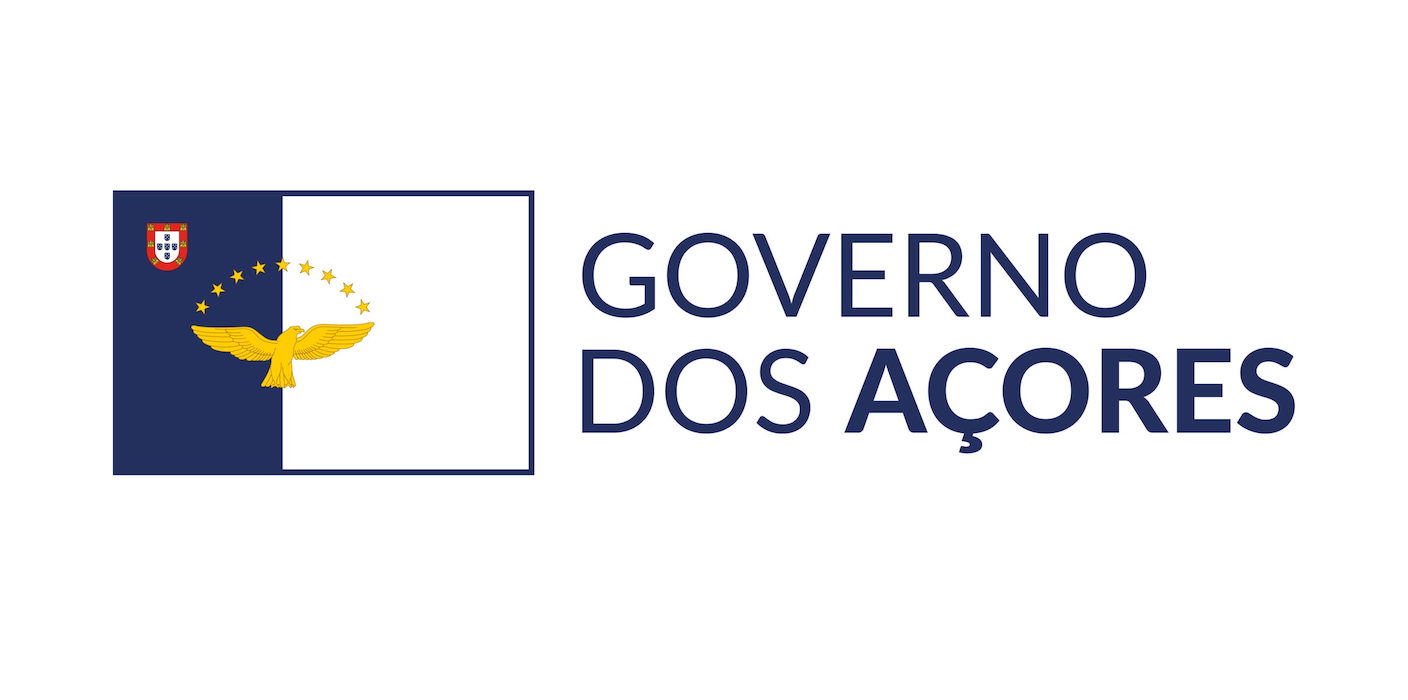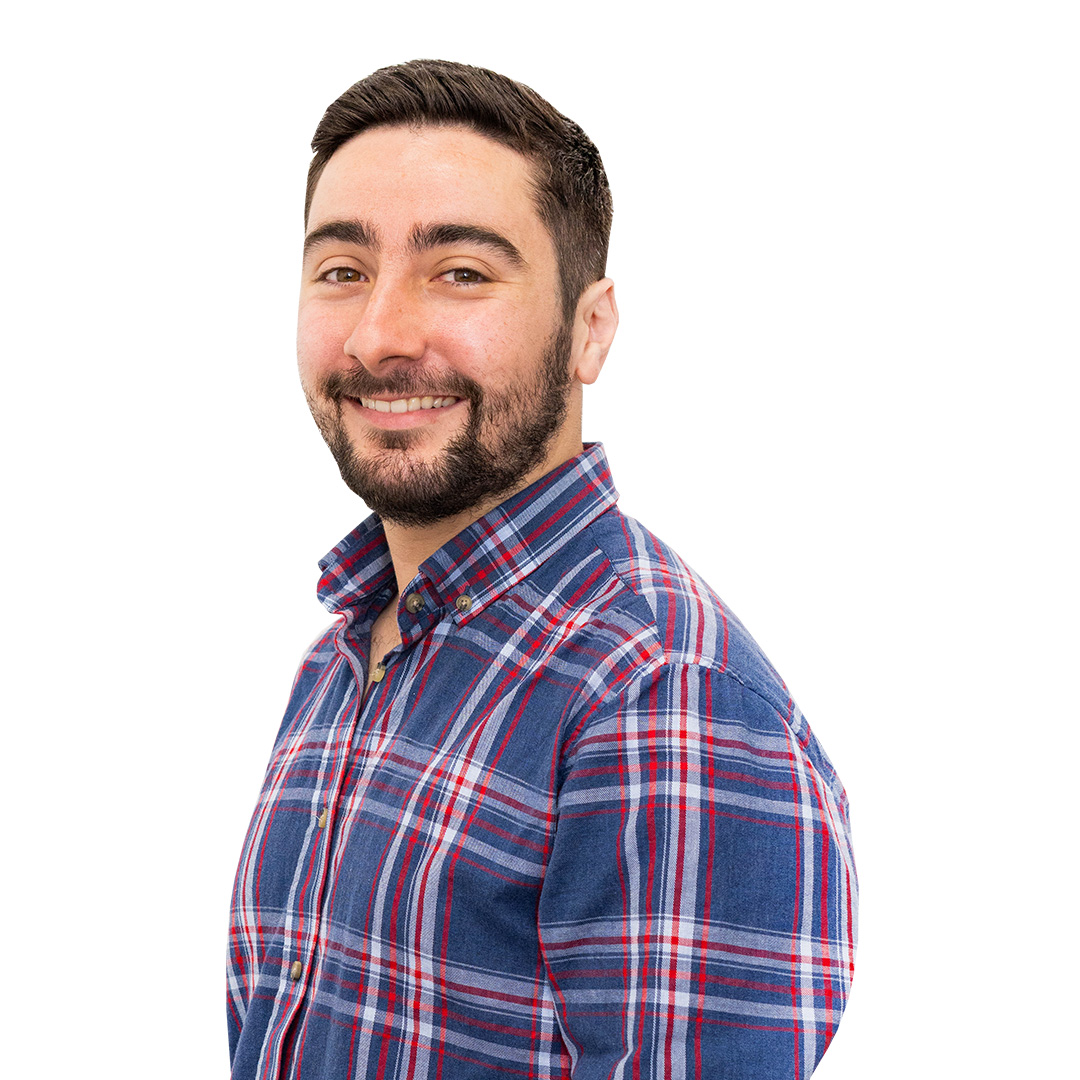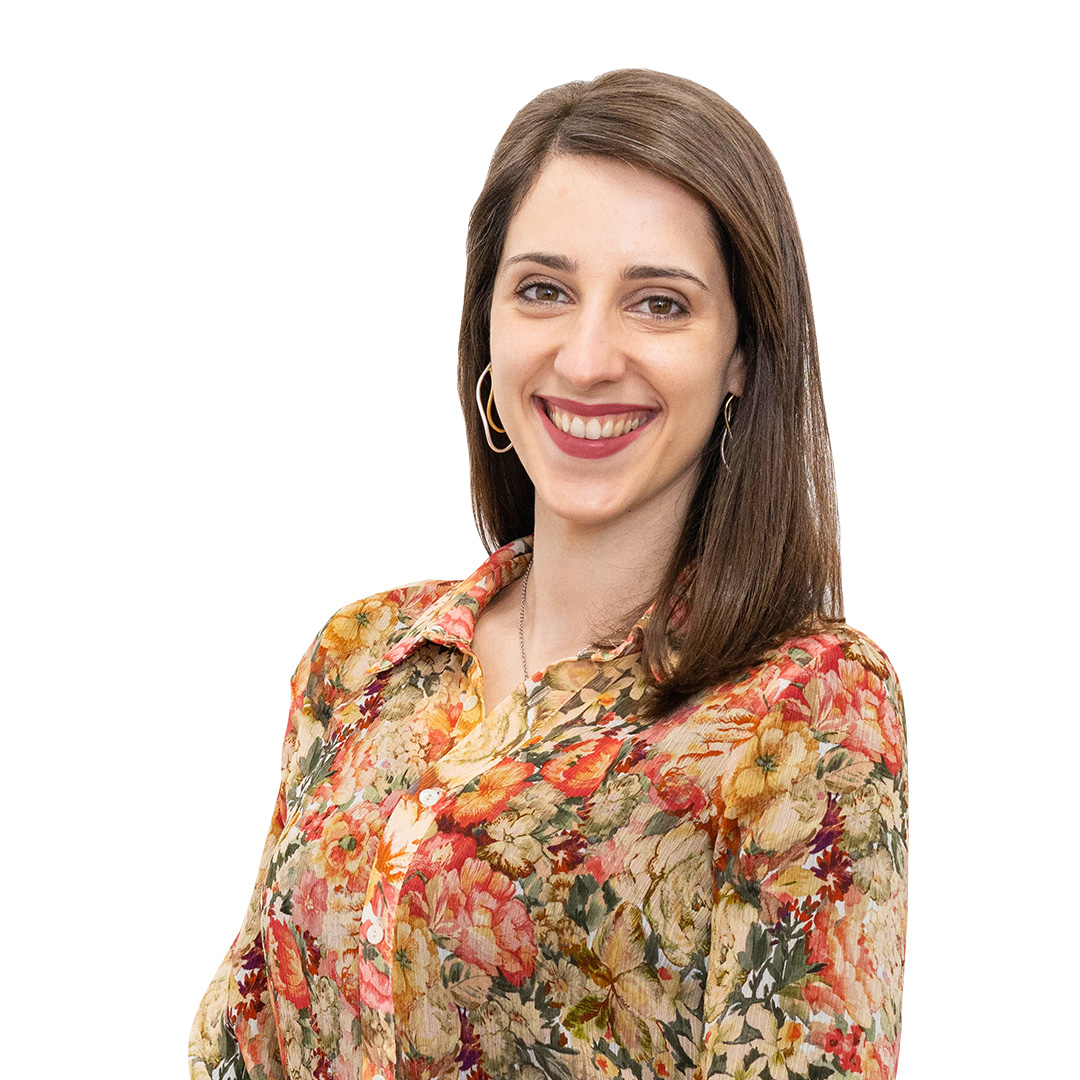
| Acronym: | M3.3.B/ORG.R.C./010/2022/EDIÇÃO 1 |
| Cost Center: | 1112 |
| Operation Code: | M3.3.B/ORG.R.C./010/2022/EDIÇÃO 1 |
| Title: | 3rd Workshop "Science in Coastal Areas": Fajã da Caldeira de Santo Cristo and Fajã dos Cubres |
| Start-End: | 15-04-2022 - 15-09-2022 |
| Entidade Beneficiária Principal: | Fundação Gaspar Frutuoso |
| Gestores da FGF: | Gonçalo Goulart, Paula Oliveira |
| Responsible Researcher: | Ana Cristina Furtado Rebelo |
| Organic Units: | FCT - Faculdade de Ciências e Tecnologia |
| R&D Units: | CIBIO-A - Centro de Investigação em Biodiversidade e Recursos Genéticos |
| Entidade | Montante |
|---|---|
| Total Financing | 15.000,00 € |
| Direção Regional da Ciência e da Tecnologia (100.0 %) | 15.000,00 € |
| Direção Regional da Ciência e da Tecnologia (100.0 %) | 15.000,00 € |
Main Objectives:
The international workshops “Science in Coastal Areas” arose from the need to better understand the coast of the Azores islands. The geographical position of the islands makes them subject to a constant erosive action by the waves of the sea. Allied to this fact, the peculiar geology, the morphology of the insular platforms, and the sea currents that are registered around the islands cause the appearance of unique geomorphological structures at a global level, as is the case of the detrital fajãs with lagoon systems. . A large percentage of the Azorean population lives on the coast. With the expected increase in the recurrence of high-energy events (i.e., storms), and taking into account the destruction caused by recent events, it becomes important to better understand the coastal dynamics of our islands, both in terms of geology, biology and at a social level. Thus, the 3rd edition of the international workshop “Science in Coastal Zones” is proposed, which will take place between July 18-22 on the island of São Jorge (Fajã da Caldeira de Santo Cristo and Fajã dos Cubres), and from 22-26 of July on the island of Pico (Criação Velha and Lajes do Pico).
Project Description:
The international workshops “Science in Coastal Areas” arose from the need to better understand the coast of the Azores islands. The geographical position of the islands makes them subject to a constant erosive action by the waves of the sea. Allied to this fact, the peculiar geology, the morphology of the insular platforms, and the sea currents that are registered around the islands cause the appearance of unique geomorphological structures at a global level, as is the case of the detrital fajãs with lagoon systems. . A large percentage of the Azorean population lives on the coast. With the expected increase in the recurrence of high-energy events (i.e., storms), and taking into account the destruction caused by recent events, it becomes important to better understand the coastal dynamics of our islands, both in terms of geology, biology and at a social level. Thus, the 3rd edition of the international workshop “Science in Coastal Zones” is proposed, which will take place between July 18-22 on the island of São Jorge (Fajã da Caldeira de Santo Cristo and Fajã dos Cubres), and from 22-26 of July on the island of Pico (Criação Velha and Lajes do Pico).



